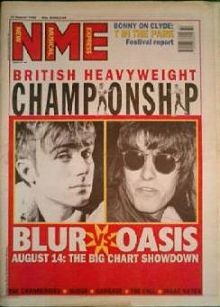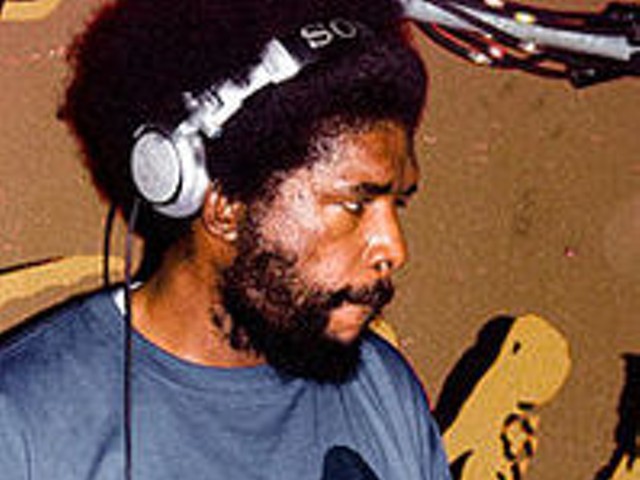
Arctic Monkeys frontman Alex Turner looked dapper and distinctively British on the cover of SPIN's recent Success Issue. The slight singer sports a skinny suit that echoes the style of fellow Sheffield icon Jarvis Cocker, who in turn tends to model after the Jam's Paul Weller. British influence on the American music scene is less a cycle than a set of waves, often hyped by the UK music press and just as frequently underappreciated on this side.
Although we still have no idea why some bands make it here and others don't, we have broken down the five largest UK invasions on our shores in recent music memory. If you're of the cheesier variety, feel free to listen to "London Calling" as you read.
The quintessential invasion Started around: 1964 Key players: the Beatles, the Kinks, the Rolling Stones, the Who, the Hollies, Small Faces The story: We're all pretty familiar with the lore at this point, but let's recap. The year was 1963, and the setting was America. Fresh off the rebellious legacy of early rock and blues, the country was particularly well-poised for four bowl cut-sporting, smooth-crooning (some people would later even call them fabulous) young men who just wanted to hold your hand. Although the sentiments of the movement later grew deeper and more suggestive with the influx of other bands, it is still identified by a wholesome and endlessly catchy approach to modern pop music. Looking back, this is one of the best "right place, right time" stories ever. Most embarrassing part of legacy: This category leaves a surprising wealth to choose from: Yoko Ono in general, the video for "Dancing in the Streets," the most recent Ringo Starr album, the abomination that is the Davies brothers' modern relationship. Instead, we're going to go with the neverending drunken argument about who's better, the Beatles or the Rolling Stones, a feat that's obnoxious even when you're sober and moderately interested in the other person's answer. (The real answer is the Kinks.) Grade: A+
Never mind the British punk Started around: 1976 Key players: Sex Pistols, the Clash, Buzzcocks The story: Let's look past the Ramones for a second at another of the many angles of punk. It's pretty debatable where punk came from, but it's clear that the British variety began with the Sex Pistols and its short-lived career, much-mythologized legacy and badass fake last names. Its pure aggression and lack of classical talent was distilled by bands like the Clash into a heightened sound that mixed reggae, ska and elements of rockabilly into a more well-rounded reflection of similar sentiments. Today, these three and others are the owners of a simultaneously charming and depressing legacy and the continued existence of hardcore teenage angst. Most embarrassing part of legacy: There's not a lot to pan here, given that this era informed bands such as the Jam, Wire and Siouxsie and the Banshees, but let's not forget Hot Topic. The teenage mall icon would be nothing if not for Sex Pistols paraphernalia and unsubtle references to Sid and Nancy. Grade: B





